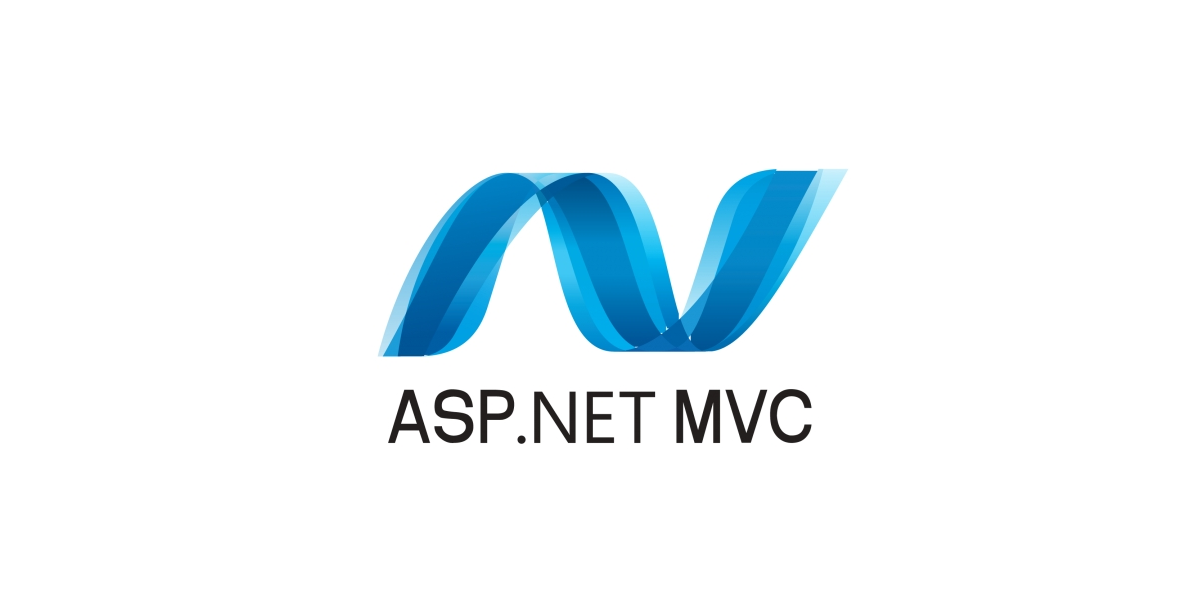.NET MVC: A Framework Through the Ages (From 4.5 to .NET 8)
 Ishrar G
Ishrar G
The Model-View-Controller (MVC) design pattern remains a cornerstone of web development. But how has ASP.NET MVC, the .NET implementation of MVC, evolved over time? Let's take a trip down memory lane and explore the key differences between ASP.NET MVC in .NET Framework 4.5 and its modern iteration in .NET 8.
The Veteran: ASP.NET MVC in .NET Framework 4.5 (circa 2012)
Released in 2012, ASP.NET MVC 4.5 offered a robust framework for building web applications on Windows. Here's what defined this version:
C# Support: Limited to versions up to C# 7.3. This meant developers couldn't leverage features introduced in later C# versions, like pattern matching and async/await enhancements.
Tight Windows Integration: Designed specifically for the .NET Framework, it wasn't well-suited for cross-platform development.
Focus on Features: While feature-rich, it sometimes led to increased complexity for developers.
The Modern Marvel: ASP.NET MVC in .NET 8 (2023 and Beyond)
.NET 8, released in late 2023, ushered in a new era for ASP.NET MVC. Here's what sets it apart:
C# Evolution: Full compatibility with the latest C# versions allows developers to utilize advanced language features for cleaner and more efficient code.
Cross-Platform Prowess: .NET 8 embraces a cross-platform approach, enabling development for Windows, Linux, and macOS. This opens doors for broader application deployment options.
Focus on Developer Experience: Streamlined features and improved tooling prioritize developer experience, making the development process faster and more intuitive.
Beyond the Differences: A Shared Legacy
Despite these advancements, ASP.NET MVC in .NET 8 retains the core principles of its predecessor:
Separation of Concerns: MVC's core strength - clear separation between models, views, and controllers - remains intact. This promotes cleaner code organization and easier maintenance.
Flexibility: Developers still enjoy the flexibility to customize their applications and integrate external libraries seamlessly.
Choosing Your Path: Legacy vs. Modern
The choice between these versions depends on your project's needs:
Sticking with .NET Framework 4.5? ASP.NET MVC 4.5 remains a solid option for existing projects with established codebases.
Embracing the Future? For new projects or those seeking cross-platform capabilities and the latest C# features, .NET 8 with its modern MVC implementation is the way to go.
No matter which version you choose, ASP.NET MVC continues to be a powerful framework for building web applications. By understanding the evolution of this framework, developers can make informed decisions and leverage the latest advancements to create robust and efficient web experiences.
Subscribe to my newsletter
Read articles from Ishrar G directly inside your inbox. Subscribe to the newsletter, and don't miss out.
Written by

Ishrar G
Ishrar G
I specialize in developing, deploying, and integrating IT solutions with 16 years of experience in Microsoft technologies (.NET, Azure, SQL Server). I've led teams at SharpStack Technologies and Fraxinus IT Solutions to deliver successful projects for over 2,000 businesses. My passion is helping businesses leverage technology to solve problems and achieve growth.